Living with infection risk - real stories
We asked a group of people diagnosed with blood cancer how they feel about their infection risk, and the choices they have made.
Emma
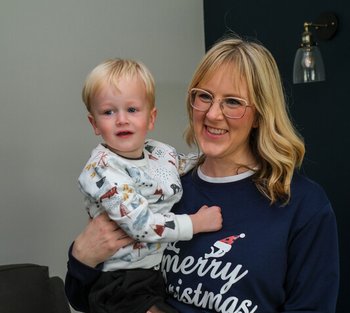
Emma was treated for acute lymphoblastic leukaemia (ALL) with chemotherapy and is in long-term remission.
“I remember lots of hand washing, using mouth wash four times a day, and my partner relentlessly cleaning. I avoided crowds, plants and children. I washed clothes, bedding and towels after every use and avoided foods like undercooked meat, eggs and unpasteurised cheese.
My consultant said it was inevitable that I would get an infection. So we regularly took my temperature with a medical grade thermometer.
When I wasn’t in hospital, I stayed home most of the time. It was isolating but felt like it was one of the only things we could control.
It didn't happen overnight, but with time I relaxed about my infection risk, though my partner still worries. I am more likely to feel anxious if I get particularly severe or prolonged infections, but I think that's more about fear of relapse.”
David
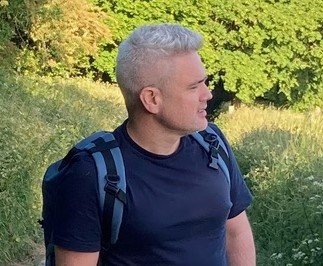
David had a stem cell transplant with his own cells to treat myeloma. He is currently on maintenance treatment.
“I don't do much to protect myself, as I know my immune system is OK right now. Obviously, I wash my hands often and am conscious of avoiding anyone who is unwell. But I work in a school, so it is hard for me to avoid everything.
I get my bloods checked every month. If they tell me my neutrophils are very low or that I need to be careful, I will change my behaviour. I try to live normally while I’m not in an acute phase.
I worry a lot about the future and I struggle with side effects from my medication, such as fatigue. I'm not going to worry about my immunity until I am told I need to again.”
Kat
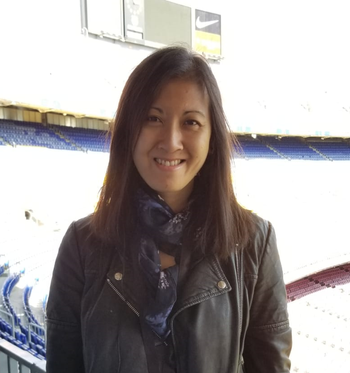
Kat had chemotherapy for double hit lymphoma 14 years ago. The treatment has affected her immune system permanently.
“The problem with infection is, it’s not me, it’s other people! I can’t control if I come in contact with them, especially on public transport. So I carry antibacterial gel and try and minimise what I touch in public places.
I try and keep my hands clean as well. I eat a balanced diet and exercise regularly to make sure that if I do get sick, I’m in the best shape to fight it off. I try not to let it affect my life. I get antibody infusions every month. I get flu, pneumonia and covid boosters when they’re available.
I accept that being immune compromised is something I have to live with. It used to worry me but it doesn’t any more. I have had 11 years of this, and I am still here!“
Jacquie
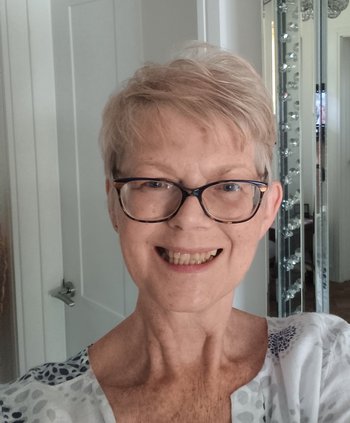
Jacquie was diagnosed with diffuse large B-cell lymphoma (DLBCL) in 2019 and was treated with CAR-T therapy. She’s now in remission.
“I make decisions based on the clinical advice I’m given. I listen carefully and make notes so I remember what was said. I always read any written guidance fully.
As I am still very immunocompromised, I continue to be at a high risk of infections, with a big risk of secondary infections. So I continue to wear a mask in crowds. I’m often the only one wearing a mask and this makes me feel different from everybody else, and a bit guilty if my family are with me.
But it does make me feel safer. I also feel more in control. It’s easy for blood cancer patients to feel like we are not in control of our own decisions.”
Ritesh
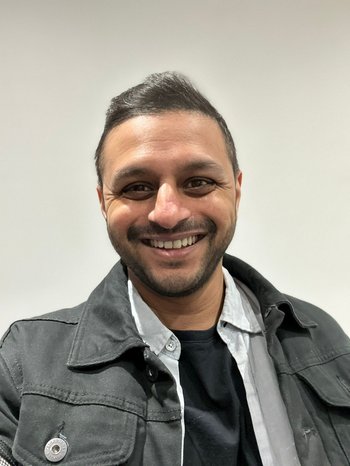
Ritesh is in remission after having chemotherapy for Hodgkin lymphoma in 2022.
“When I was having treatment, I followed all the advice about cleaning the house, rigorous personal hygiene, not reheating food, changing towels daily, limiting how many people I saw and how close I got to them. It is so important that the people around you take appropriate action as well, to avoid passing anything on.
Now I’m in remission I am still diligent about personal hygiene, as the covid pandemic taught us to be. During chemotherapy I became much more conscious of infection, which has been a big change for me.
I now feel confident that I have overcome my infection risk, but it took some time to get here. At the same time, I’m careful to avoid unnecessary risks.”
Jane
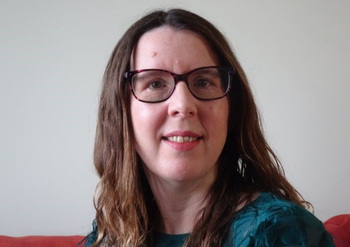
Jane was treated for acute myeloid leukaemia (AML) with a donor stem cell transplant 10 years ago.
“I do make decisions based on my infection risk. I took a job which allows me to work from home as much as possible. I walk rather than taking the Tube, but if I have to, I avoid the older, hotter and deeper underground lines. I wear gloves and wash my hands as soon as my journey is over.
I try and exercise as much as possible. I find swimming helps control a lung condition I have, although I realise public swimming pools are not without risk! I also speed walk, ideally on hilly routes.
I was a very fit marathon runner before my diagnosis and I am sure that helped me through treatment. I will never be that fit again, but I am certain that being as fit as possible will help me fight off future infections.”
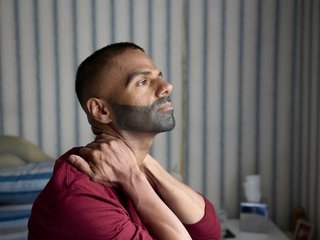
Blood cancer and your infection risk
Read our information about blood cancer and infection, including who is at risk, what to look out for, and what to do if you think you have an infection.
